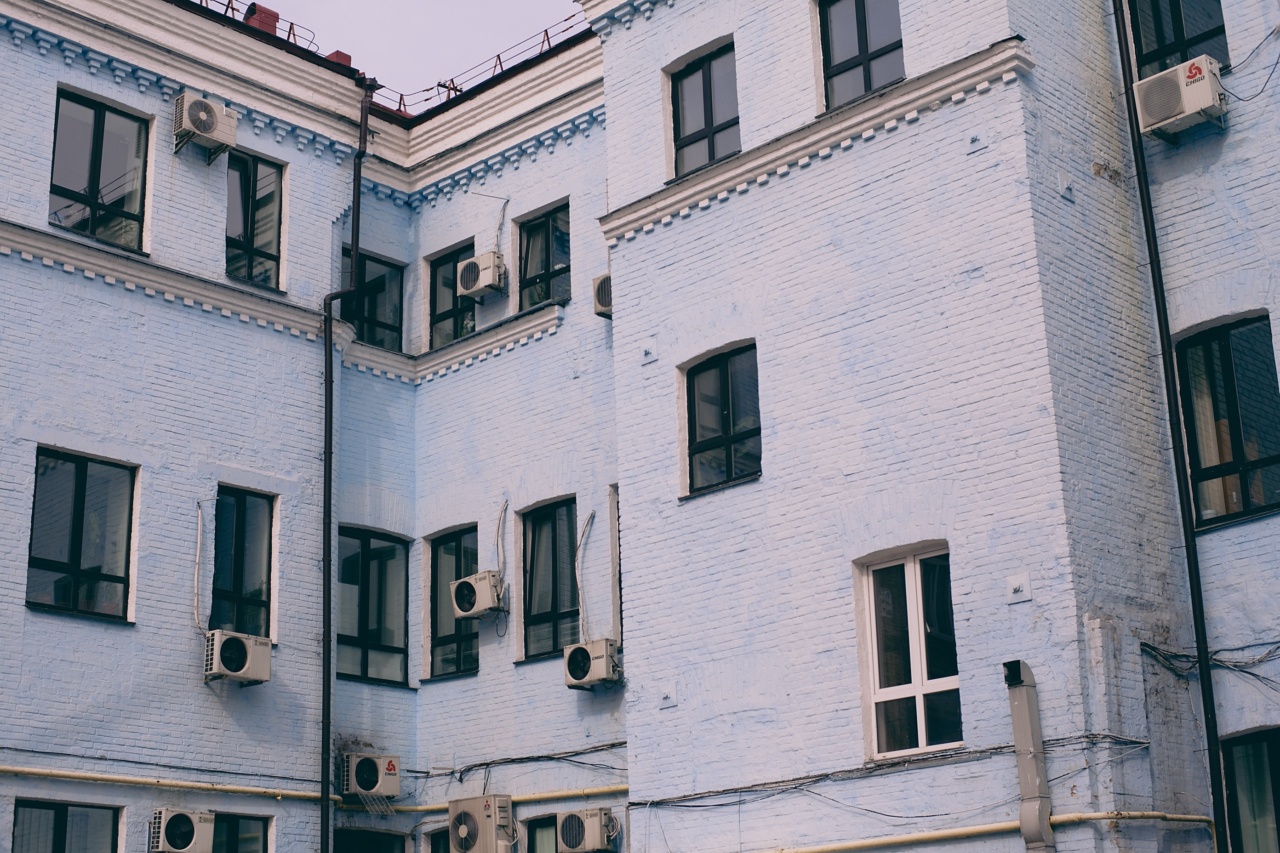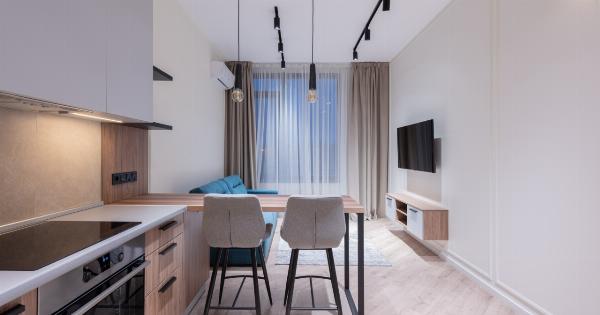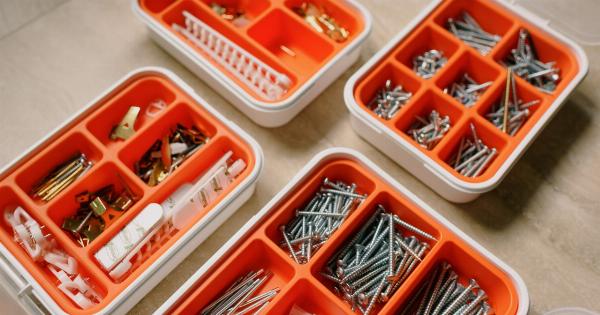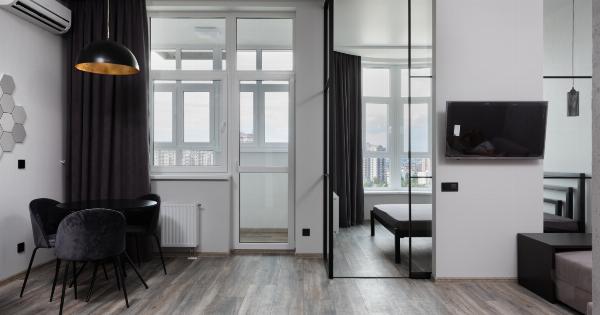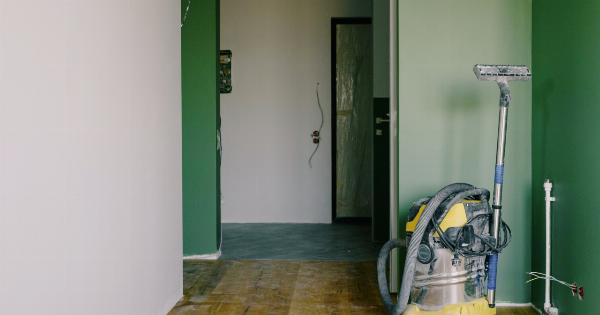As the summer heat sets in, finding ways to stay cool becomes a top priority. And one of the most effective ways to beat the heat is by using an air conditioner.
If you are new to the world of air conditioning, this beginner’s guide will provide you with all the information you need to make the most of your cooling system.
1. Understanding the Basics: How Does Air Conditioning Work?
Before diving into the specifics, it is important to have a basic understanding of how air conditioning works. At its core, an air conditioner removes heat and moisture from the air to provide a comfortable indoor environment.
It does this by using a refrigeration cycle that involves compressing and expanding a refrigerant gas, which facilitates the transfer of heat.
2. Types of Air Conditioning Systems
There are several types of air conditioning systems available, each catering to different needs and budgets. Some of the most common types include:.
– Window Air Conditioners: These units are designed to fit in a standard window and are suitable for cooling small rooms or individual areas.
– Split Air Conditioners: Split ACs consist of two units, an indoor unit that is installed inside the room and an outdoor unit that houses the compressor and condenser. This type of system is ideal for cooling larger spaces or multiple rooms.
– Portable Air Conditioners: As the name suggests, portable AC units can be easily moved around and do not require permanent installation. They are a good option for cooling specific areas without the need for extensive ductwork.
– Central Air Conditioning: This type of system is typically seen in larger buildings or homes. It involves a centralized unit that cools the entire space through a complex network of ducts and vents.
3. Choosing the Right Size
One of the most crucial factors to consider while buying an air conditioner is sizing.
A unit that is too small will struggle to cool the space adequately, while one that is too large will cycle on and off frequently, leading to inefficient operation and unnecessary energy consumption.
To determine the right size for your air conditioner, you need to consider the square footage of the area you want to cool, the number of windows, the insulation, and other factors.
It is always recommended to consult a professional or refer to the manufacturer’s guidelines to ensure you choose the correct size.
4. Energy Efficiency Matters
Energy efficiency is an important aspect to consider both for your comfort and the environment. Look for air conditioners with a high Energy Efficiency Ratio (EER) or Seasonal Energy Efficiency Ratio (SEER) ratings.
These ratings indicate the unit’s efficiency in cooling based on the amount of energy consumed.
Additionally, features like programmable thermostats and energy-saving modes can help optimize energy usage and reduce your cooling costs.
5. Proper Installation and Maintenance
Once you have chosen the ideal air conditioning system for your needs, it is crucial to ensure proper installation and regular maintenance to maximize its longevity and efficiency.
Hiring a professional for installation guarantees that the unit is correctly positioned, ductwork is properly sealed, and electrical connections are secure.
Regular maintenance, such as cleaning or replacing filters, checking refrigerant levels, and inspecting the system for any issues, should also be done to keep your air conditioner running smoothly.
6. Efficient Cooling Tips
In addition to using an air conditioner, there are various ways to enhance the effectiveness of your cooling system and stay comfortable during hot weather:.
– Use ceiling fans or portable fans alongside your air conditioner to help circulate cooled air, allowing you to set the thermostat higher and save energy.
– Keep curtains or blinds closed during the day to prevent heat buildup from direct sunlight.
– Avoid using heat-generating appliances like ovens or dryers during the hottest part of the day, as they can increase the indoor temperature.
– Make sure your home is well-insulated and properly sealed to minimize heat transfer and maximize cooling efficiency.
7. Maintaining Indoor Air Quality
Air conditioning not only cools the air but also plays a vital role in improving indoor air quality. To ensure a healthy and comfortable environment, follow these tips:.
– Clean or replace air conditioner filters regularly to prevent dust and allergens from circulating in the air.
– Consider using an air purifier or installing an air filtration system to remove pollutants and improve air quality.
– Maintain the right humidity level using a dehumidifier or humidifier, depending on your climate, to avoid mold growth or excessive dryness.
8. Cost Considerations
Air conditioning systems can vary significantly in terms of cost, depending on factors such as the type of system, brand, and features. Consider your budget and long-term energy savings when making a decision.
While it may be tempting to opt for the cheapest option, investing in a higher-quality, energy-efficient system can save you money in the long run through reduced energy bills and fewer maintenance requirements.
9. Troubleshooting Common Issues
In case you encounter any problems with your air conditioner, here are some common issues you may face and possible solutions:.
– Insufficient cooling: Ensure that the unit is sized correctly and not overburdened. Clean or replace air filters and remove any obstructions around the outdoor unit.
– Strange noises: Rattling, buzzing, or squealing noises can indicate loose parts or a malfunctioning motor. Schedule a professional inspection to identify and fix the problem.
– Water leaks: Check for clogged condensate drains or a faulty condensate pump. Clear any blockages and ensure proper drainage to avoid water damage.
10. Considerations for the Environment
As we strive to reduce our ecological footprint, it is essential to consider the environmental impact of air conditioning systems. When purchasing a new unit, look for models that use eco-friendly refrigerants and have minimal greenhouse gas emissions.
Additionally, optimizing your cooling needs by utilizing energy-saving modes, reducing cooling loads through insulation, and regular maintenance can help conserve energy and protect the environment.
